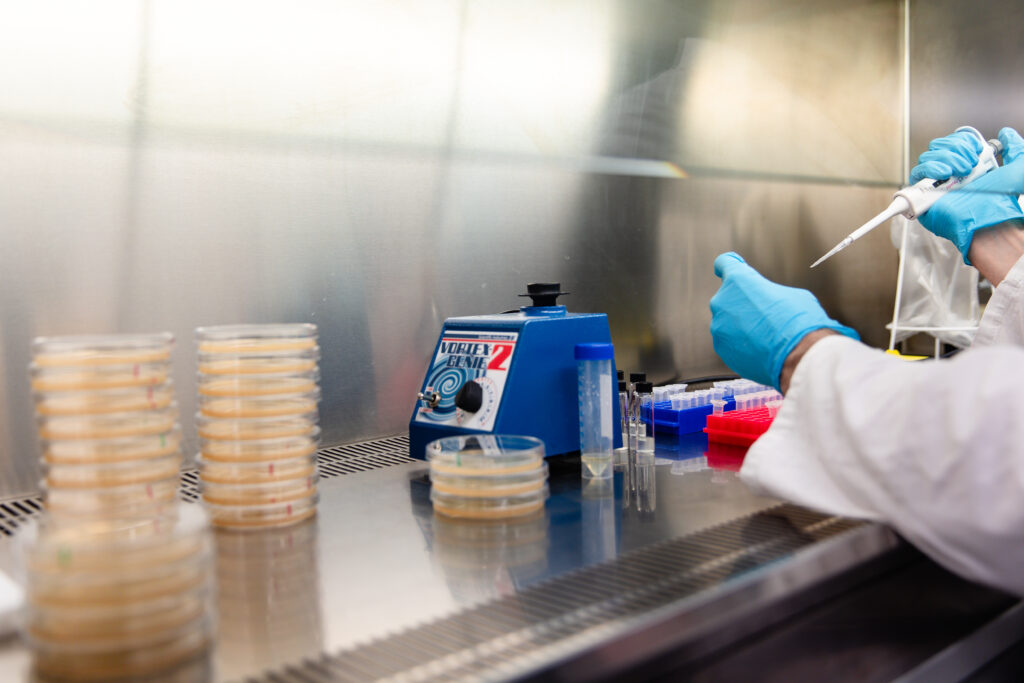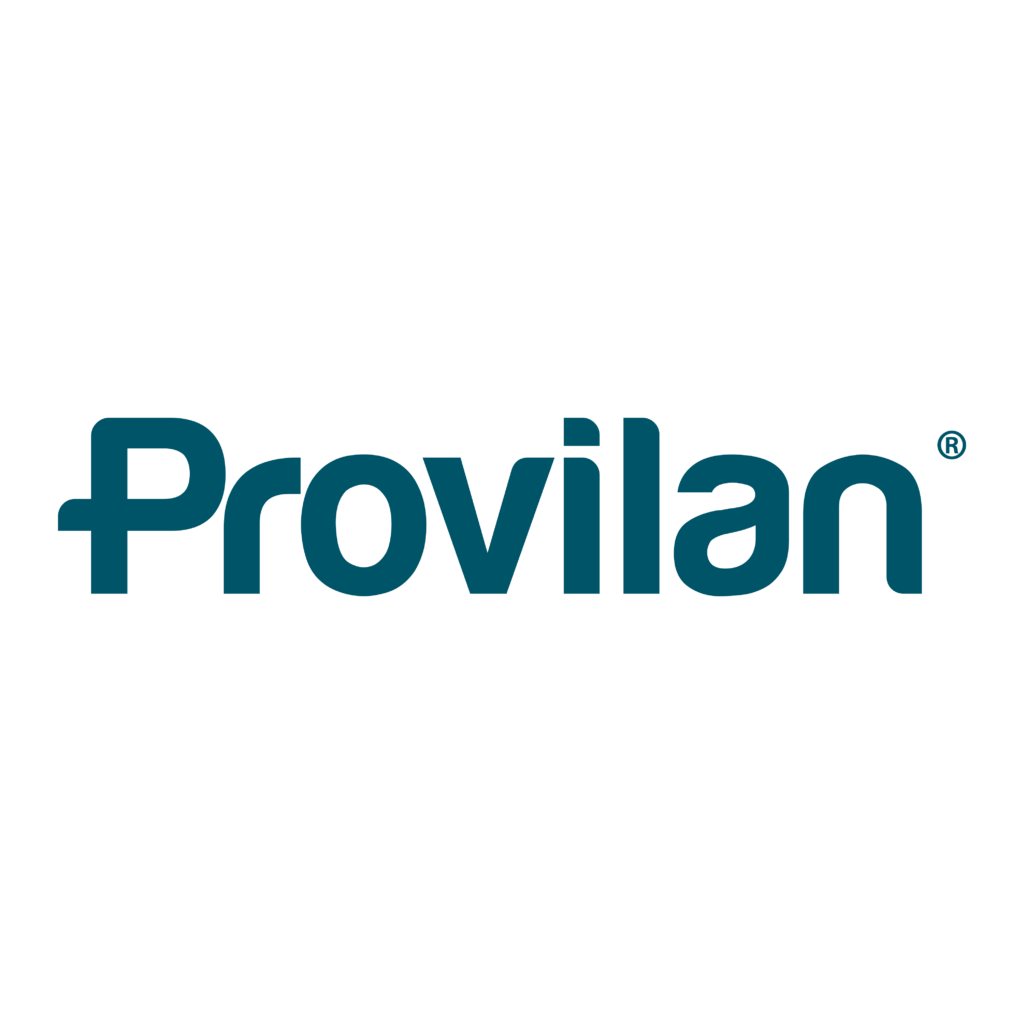Modern biotechnology based on microbiology
Daily R&D work
We are monitoring a Research, Development and Innovation project in collaboration with two renowned players in Luxembourg: the LIST (Luxembourg Institute of Sciences and Technology) and the LCSB (Luxembourg Centre for Systems Biomedicine). Our project attracted the attention of the Luxembourg government, which decided to support us for a period of 4 years. Our aim is to study effective micro-organisms, also known as probiotics, in the field of cleaning and care. These are carefully selected by a team of experienced researchers to develop new bacterial cocktails.
Our project aims to identify selective bacterial strains and develop enriched probiotic cocktails for specific applications. The cleaning industry and human and animal care are our priorities. However, we also have experience in bioremediation and cosmetics. Our innovative products must be environmentally friendly, guaranteed effective for the end consumer while offering a healthier lifestyle, helping to combat pathogenic and resistant strains that represent a drastic public health (AMR) problem.

Green chemistry
Objectively, we want to reduce the impact of toxic chemicals on living beings and their environment. Our Provilan products offer today and in the future an integrated effect where positive results can broaden our spectrum of applications through the use of researched and stabilized probiotics. Since this theme encompasses a wide variety of possible cases, we focus on two unique research models that are studied using state-of-the-art methodologies.
R&D Techniques
Probiotic group’s ambition is to become a major player in the field of bio-sanitation and sustainable care.
with a large market, the company’s future is beyond doubt.

